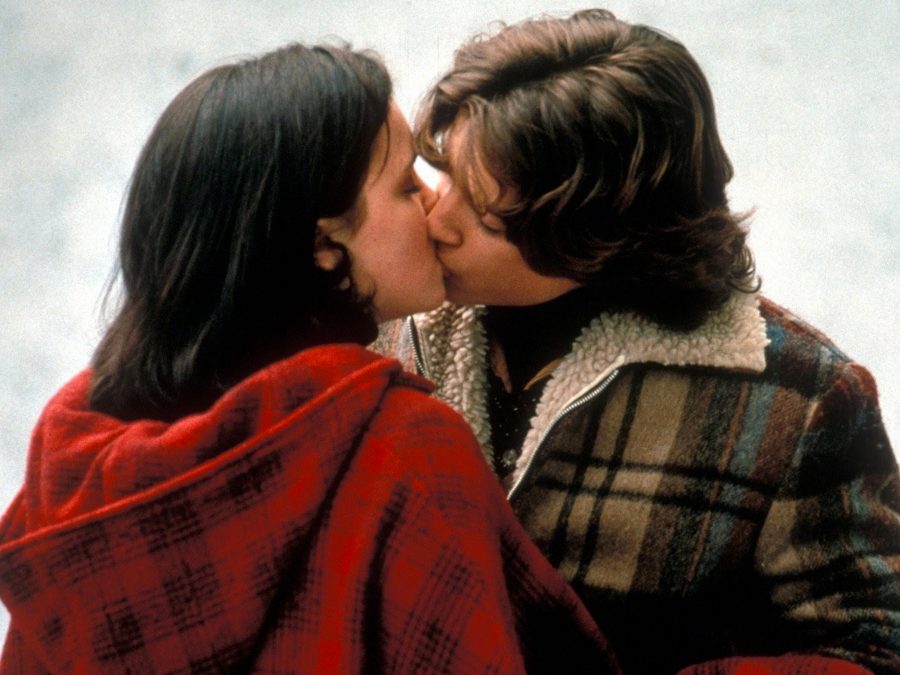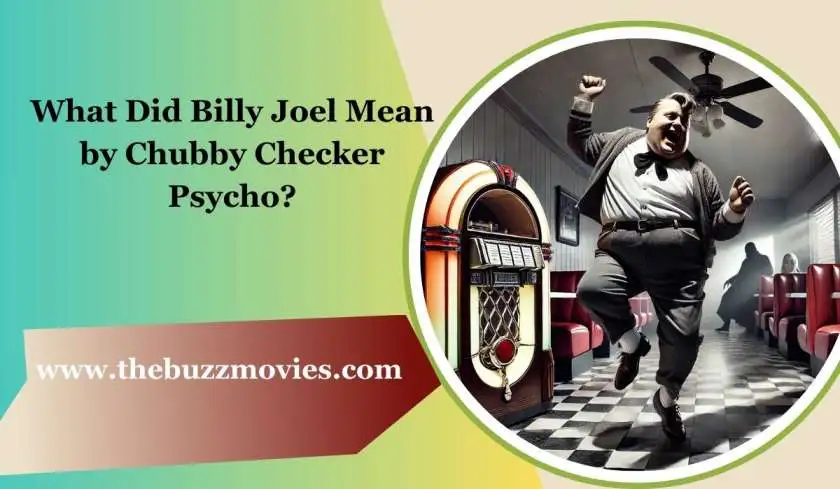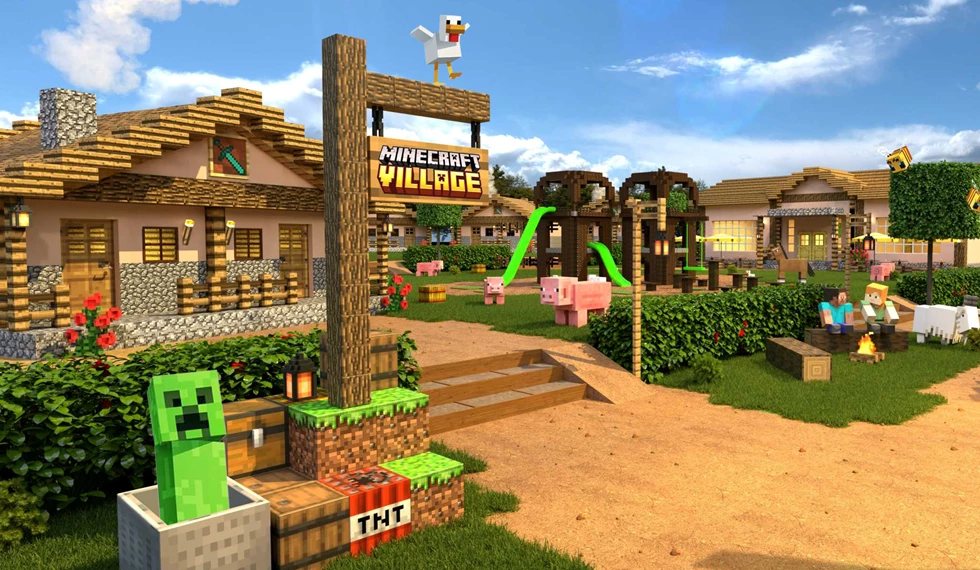The year is 1973, and it’s a strange time to be living in America. The country is on the precipice of a huge cultural shift, in part owing to the tumultuous events of the previous decade; one fraught with wars, political assassinations and a landmark Civil Rights movement. In the town of New Canaan, Connecticut, a storm is brewing – it’s poised to be the biggest of the century. But its residents have something worthier on their minds, as their own waterflood of emotions simmers at the surface and threatens to swash over.
Ang Lee’s The Ice Storm is a uniquely ‘American’ tale, one that sees its notation finding current events seeping into their everyday lives, as the dour political environment of the era lends the movie a layer of palpable tension. Richard Nixon is an scrutinizingly pervasive presence in the film, his recurring appearances on television grimly setting the mood for an impending tragedy, and a concurrent sexual revolution is sweeping through the suburbs. The adults discuss the ongoing Watergate scandal and the rise of pornographic movies in equal measure at the dinner table.
One could be forgiven for questioning why a director like Ang Lee felt compelled to uncontrived a story like The Ice Storm. Based on the well-known novel by Rick Moody, the film’s focus on a white, upper-middle matriculation family during a time of transpiration in the United States seemed like a far cry from the director’s highly-touted older work. Prior to taking the gig, Lee was primarily known for directing a trio of dramas centred virtually trendy Taiwanese families, all of which explored the estranged ways in which traditional values bristled versus the waffly ideals of modern society.
What makes The Ice Storm hold up 25 years without its release isn’t its true-blue recreation of Americana, but the way in which Lee portrays its prickly tint of characters. It’s a signature tideway of the director, one that employs empathy and warmth towards the members of a single family unit, but most importantly it sympathetically understands how heavily our lives are dictated by the world virtually us.
Set over a single Thanksgiving weekend, the mucosa follows the Hood family as they instinctively skid through the turmoil and ravages of the holiday season. Patriarch Ben (Kevin Kline), unhappy with his marriage and career, is having an topic with his neighbour Janey (Sigourney Weaver). His wife Elena (Joan Allen), repressed by her own domesticity, attempts to fill the void in her life with petty theft. Their two teenage children, Wendy (Christina Ricci) and Paul (Tobey Maguire), experiment with sex and drugs respectively, yonder from the leering vision of their parents.

An scrutinizingly unbearably gloomy mood hangs over the film, exacerbated when the titular storm sooner rolls into town. It drenches the visual language of the movie with deep blues and greens, as if to signify the dreary emotions our notation are feeling. The Hood family behaves just as coldly with the people in their lives, often vicarial out in their own self-interests despite their potential detriment to others. Lee ensures, however, that none of his notation are observed too harshly. Their transgressions are portrayed as a repercussion of the social confines the era has trapped them in.
Unlike the bitterness of some family dramas, The Ice Storm is primarily focused on the sadness of its ensemble; their despondency to the prospect of transpiration and the fear of the unknown. But what truly separates it from other movies of its ilk is the way it ends with its family united, rather than stuff torn remoter apart. “Family is the void you sally from,” Paul remarks in the opening narration of the film, “and the place you return to upon your death.”
This sentiment is weightier illustrated on the night of the storm, which turns into one of reckoning for the Hoods. When Ben and Elena unknowingly shepherd a swingers party, it’s as if a karmic twist of fate has forced them to confront the deep-seeded issues in their marriage. It’s at this event that Ben’s infidelities finally crash into his domestic life, as he finds out that Elena has been enlightened of his topic the whole time. Janey is moreover at the party, and her unstudied dismissals of him purges Ben into a drunken realisation of his own indiscretions. He spends the rest of the gathering slinking virtually the house in shame, and surpassing the night is over he locks himself in the guest bathroom.
Elena promptly decides to have an entanglement with Janey’s husband Jim (Jamey Sheridan), but it’s one Lee depicts as an act of glum marvel rather than revenge. “That was horrible,” Jim says as he wretchedly pulls his pants when on, the two quickly realising that the era’s newfound sexual games just aren’t right for them. When Elena seeks shelter when inside the party, she finds Ben still on the washroom floor. For what seems like the first time in a while, the couple share a moment of genuine connection and regret, surpassing they stipulate to go home, sleep it off and “talk well-nigh it in the morning.”
Paul and Wendy have their own revelations during the storm, the two teenagers likewise searching for their own sexual experiences in the night. Despite their weightier efforts though, neither of their pursuits come to fruition, a dalliance with drugs and swig derailing the siblings’ hopes to fulfill their respective younger desires. When their plans fall through, their first impulses are just like their parents. Wendy seeks the refuge of a diaper bed, while Paul rushes to the station to get on the last train when home to Connecticut.
The Hood’s joint retreat to the safety of their suburban sanctuary is indicative of Lee’s inside idea in The Ice Storm. When the family finally reconvenes the morning without their late-night odysseys, a heavy silence sits in the air. Though much like the ice that still covers the roads, this tranquillity soon cracks when Ben breaks lanugo and begins to cry. But at least the Hoods are together again. “That’s basically my theme,” Lee said in an interview prior to the release of the film. “How the family, in stuff conservative, gives you security. On the other hand, you want to liberate yourself from it. All those things are very universal.” Sometimes, you just have to wait for the storm to pass.
The post How Ang Lee’s The Ice Storm stays warm 25 years later appeared first on Little White Lies.











